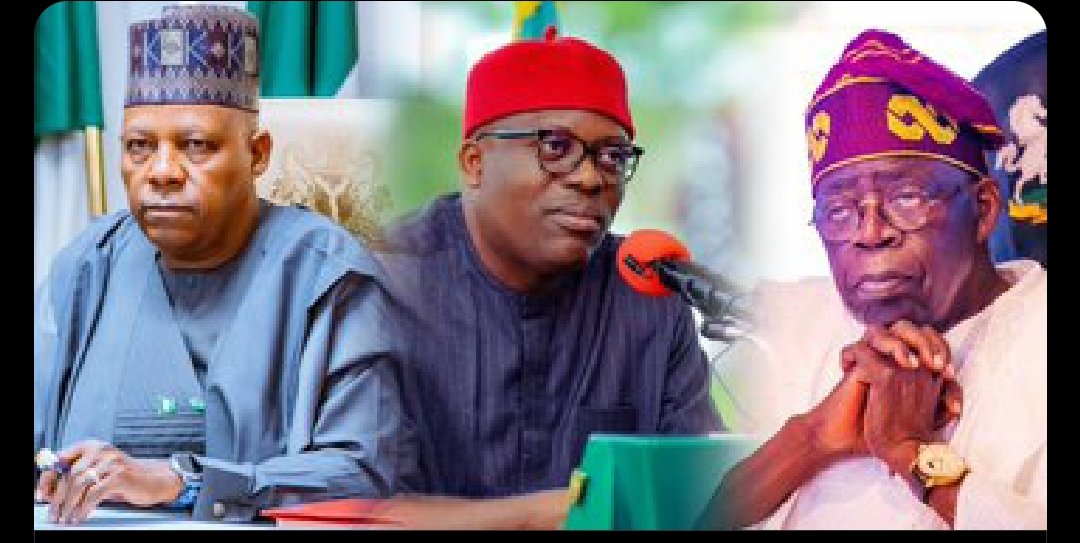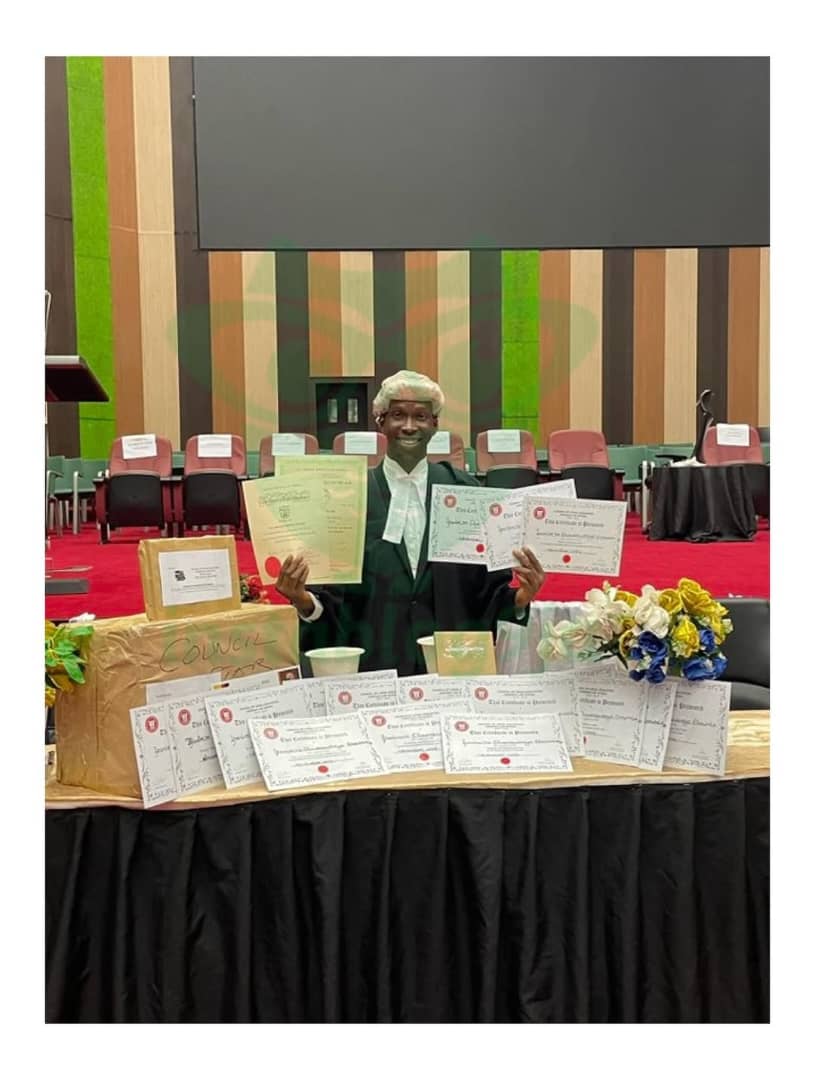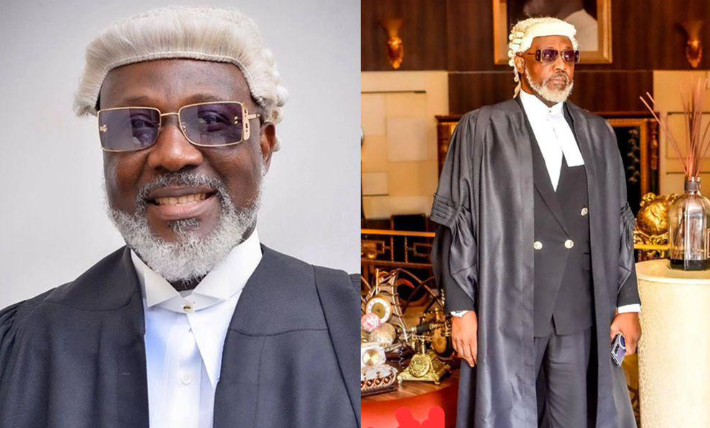
VP Shettima Defies Tinubu on Fubara's Suspension, Declares Presidential Overreach Unconstitutional

In a move that has sent shockwaves through the nation's political landscape, Vice President Kashim Shettima has openly criticized President Bola Ahmed Tinubu over the controversial removal of Rivers State Governor Siminalayi Fubara, declaring that no president has the constitutional power to sack an elected governor.
The stunning declaration, made during a public event in Abuja, marks the most direct challenge yet from within the presidency against Tinubu's increasingly authoritarian posture.
Speaking at the launch of a new political memoir, Shettima did not mince words. He recounted his own experience as governor of Borno State under former President Goodluck Jonathan, who allegedly considered removing him during the height of Boko Haram’s insurgency. “Even then, the President was advised not to remove me because it was unconstitutional. A governor is elected by the people, not appointed by Abuja,” Shettima stated, his voice firm and unwavering.
His comments were a direct response to Tinubu’s declaration of a state of emergency in Rivers State on March 18, 2025, following months of political unrest and legislative gridlock. In an unprecedented move, President Tinubu suspended Governor Fubara, his deputy, and members of the state legislature. He went further by appointing retired naval officer Vice Admiral Ibok-Ete Ibas as the sole administrator of the state, effectively placing Rivers under federal control.
The move sparked immediate outrage across political divides, with opposition leaders and civil society groups branding the action a “constitutional coup.” Legal experts have also questioned the legitimacy of the president’s intervention, pointing out that while Section 305 of the Nigerian Constitution allows for a state of emergency, it does not authorize the removal of an elected governor or the installation of a military-style administrator.
What has made Shettima’s remarks even more explosive is the fact that they come from within the highest levels of Tinubu’s own administration. The Vice President’s rebuke appears to be a calculated signal to the political elite and the Nigerian public that there are still voices of restraint and constitutionality in the corridors of power.
According to insider reports, tensions have been brewing between Tinubu and Shettima for months. The Rivers crisis appears to have become the tipping point. Analysts suggest Shettima’s public dissent could have far-reaching implications, especially as the political establishment begins to gear up for the 2027 elections.
Tinubu’s supporters argue that the president acted in national interest to quell a brewing crisis in one of Nigeria’s economic heartlands. But critics are not buying it. Many see the Rivers intervention as part of a broader pattern of executive overreach that includes heavy-handed crackdowns on opposition figures and the stifling of dissent within the ruling All Progressives Congress (APC).
Meanwhile, Governor Fubara, though currently suspended, has vowed to challenge the federal government’s decision in court. His legal team is reportedly preparing to file a lawsuit at the Supreme Court, arguing that the president’s action amounts to a violation of democratic principles and federalism. Civil rights groups are also planning mass protests across major cities in support of Fubara’s reinstatement.
In the court of public opinion, the tide appears to be turning. Social media has been abuzz with support for Shettima’s bold stance. The hashtag #ShettimaSpeaksTruth trended on X (formerly Twitter) for hours following his speech, with many Nigerians applauding him for breaking the silence on what they call “a dangerous descent into dictatorship.”
As Nigeria watches this political drama unfold, one thing is certain: Shettima’s words have opened a floodgate. The vice president has drawn a constitutional line in the sand, daring the president to cross it. Whether this rift will deepen into a full-blown power struggle or force a recalibration of Tinubu’s approach to governance remains to be seen.
But in a country where silence in the face of power is often the norm, Shettima has done the unthinkable—he has spoken out. And in doing so, he may have just changed the course of Nigeria’s political future.
Watch the video below
Watch the video here pic.twitter.com/mssOJ99Chs
— Iv (@onechucx) July 10, 2025


